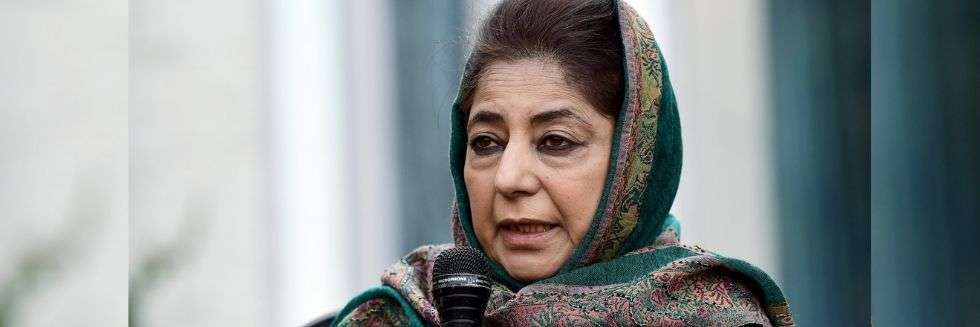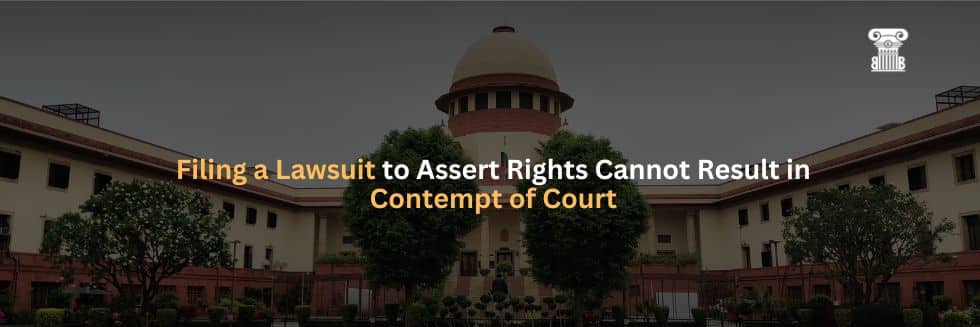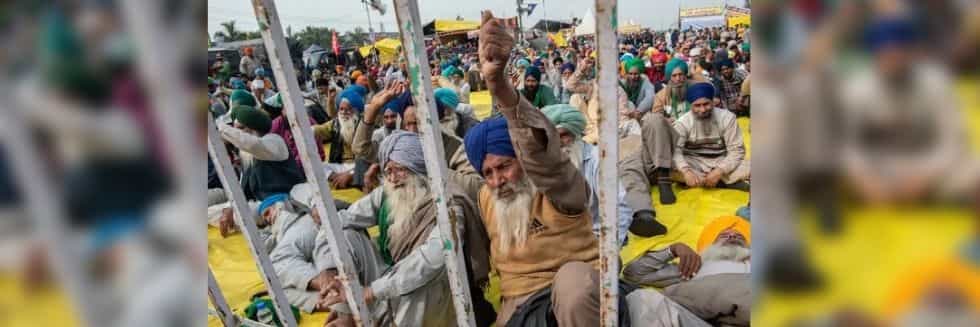The Delhi High Court has today refused to grant a stay on the summons issued to the former Chief Minister of Jammu and Kashmir, Mehbooba Mufti by the Enforcement Directorate, in a case registered against her under Section 50 of the Prevention of Money Laundering Act.
A division bench comprising of Chief Justice DN Patel and Justice Jasmeet Singh has further directed both the parties to file the compilation of judgments that they seek to rely on in a legal note and posted the case for the next hearing on April 16.
The People’s Democratic Party (PDP) leader Mehbooba’s appearance before ED is now due for March 22.
Senior advocate Nitya Ramakrishnan, representing Mufti, urged the court to ask ED not to insist on her personal presence as was done earlier.
To this, the HC bench said, “We are not giving any stay. We are not granting any relief.”
ED had earlier sought the appearance of the PDP leader on March 15. However, on the last date of hearing, the ED had submitted before the court that it would not insist upon her appearance until March 19.
On the other hand, Mehbooba moved the Delhi High Court seeking to quash the summons issued to her by the Enforcement Directorate under the Prevention of Money Laundering Act, 2002. Mufti had claimed in her petition that she received the summons on her personal email ID from the official email ID of the Assistant Director, Enforcement Directorate on March 5 under Sections 50(2) and 50(3) of the PMLA and that it refers to an annexure which ‘has not been sent to her, and therefore she is not aware of its contents.’ She has objected to the fact that she has not been informed if she is being summoned as an accused or as a witness and further not been informed of what she is being summoned in connection with, and the scheduled offense under the PMLA which gave rise to the proceedings in respect of which the summons has been issued to her.
She also challenged the vires of Section 50, and incidental provisions of the Prevention of Money Laundering Act, 2002 for being ‘unfairly discriminatory, bereft of safeguards, and violative of Article 20(3) of the Constitution and has cited various judgments laid down by the Supreme Court in different cases.






